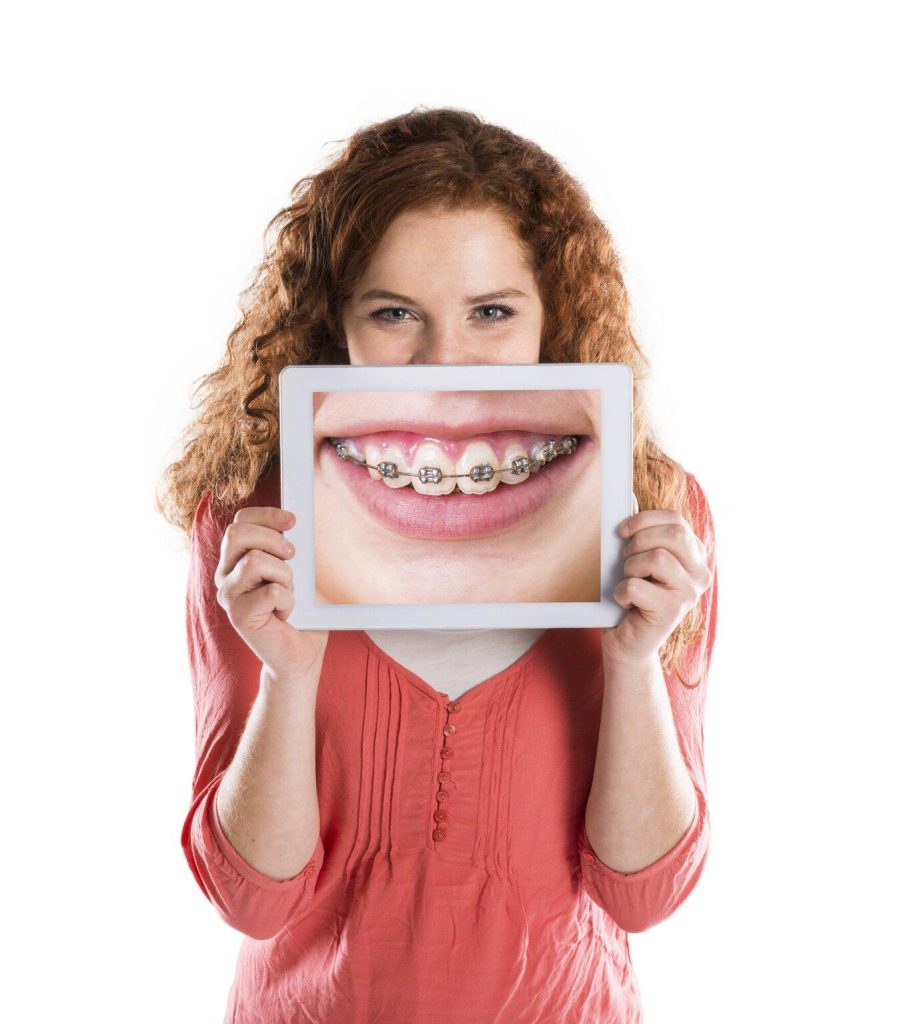Dental emergencies can arise unexpectedly, causing pain and confusion about your next steps. No matter if it’s a serious toothache, a chipped tooth, or a tooth that has been knocked out, being aware of how to react promptly can be crucial. A dental emergency is something that many people go through at least once in their lives.
In these situations, having a trusted emergency dentist can help you get the care you need when every minute matters. Follow along to uncover the details that matter.
Understanding What Counts as a Dental Emergency
Not every dental issue requires immediate attention, but certain situations should never be ignored. A true dental emergency is one that involves pain, bleeding, or potential tooth loss.
Severe toothaches, cracked or chipped teeth, knocked-out teeth, and injuries to the mouth or gums all require prompt care. Swelling in the jaw, abscesses, or visible signs of infection also fall into this category.
Getting immediate attention for dental emergencies can prevent further complications. For instance, an untreated infection could spread to other areas of the body, creating serious health problems. Acting quickly not only relieves pain but can also save your tooth and protect your long-term oral health.
Why Quick Action Matters
Time is a crucial factor when dealing with emergency dental service. For example, if a tooth has been knocked out, it has the best chance of being saved if you see a dentist within 30 minutes. Keeping the tooth moist in milk or saline solution while on your way to the dental office can increase the chances of successful re-implantation.
Even for less dramatic issues, quick action can prevent complications. Ignoring severe pain or swelling could lead to worsening infections or damage that may require more complex treatment later. Addressing emergencies early gives your dentist the best chance to preserve your natural teeth and avoid unnecessary procedures.
Prompt treatment also helps prevent broader health risks. In some cases, infections that start in the mouth can enter the bloodstream and affect other parts of the body. Seeking care right away keeps you healthy and prevents small issues from becoming major problems.
What to Expect During an Emergency Dental Visit
When you arrive at an emergency dental clinic, the first step is evaluation. The dentist will carefully assess your condition to determine the cause of the problem and how severe it is. They may take X-rays to look for fractures, hidden decay, or infections that aren’t visible to the eye.
Depending on the situation, immediate steps might be taken to relieve pain and stabilize the affected area. This could include local anesthesia, cleaning of the injury, or temporary repair of a tooth. If there is an infection, antibiotics may be prescribed to reduce swelling and prevent it from spreading.
In some cases, more involved procedures may be necessary. Root canal therapy, tooth extractions, or the placement of crowns and splints are common treatments provided during emergency visits. The goal is always to save the natural tooth whenever possible and to restore comfort quickly.
Emergency dental clinics are equipped to handle a wide variety of urgent situations. Knowing what to expect can make the experience less stressful and help you feel more in control when facing a dental crisis.
Common Dental Emergencies and How to Respond
One of the most frequent emergencies is a severe toothache. Persistent pain can indicate infection or decay that has reached the inner part of the tooth. Rinsing your mouth with warm salt water can offer temporary relief, but you should see a dentist as soon as possible to address the underlying cause.
A further frequent emergency involves a tooth that has been knocked out. In such a case, take hold of the tooth by the crown and refrain from making contact with the root. Gently rinse it with water and, if you can, try to put it back into its socket.
Chipped or cracked teeth are also common, often caused by accidents or biting hard foods. Rinse your mouth and apply a cold compress to reduce swelling. Your dentist can assess the damage and repair the tooth using bonding or a crown.
For more serious injuries, such as jaw fractures or heavy bleeding, it’s best to visit an emergency room immediately. Dentists can then coordinate with medical professionals to ensure you receive complete care.
Preventing Dental Emergencies
While some dental emergencies are unavoidable, many can be prevented through good oral care habits. Regular dental visits every six months allow your dentist to catch potential issues before they become urgent. Maintaining strong oral hygiene by brushing twice a day and flossing daily also helps prevent decay and gum disease.
Protective measures can further reduce your risk. If you play sports, always wear a mouthguard to protect your teeth from impact. Avoid chewing on hard objects like ice, popcorn kernels, or hard candy, which can easily crack or chip teeth.
Prevention is always better than treatment. By being proactive, you can minimize the chances of facing an unexpected dental emergency.
Choosing the Right Emergency Dental Service
When an emergency strikes, the last thing you want is to waste time searching for the right clinic. Choose an emergency dental service that offers 24/7 availability, quick appointment scheduling, and comprehensive treatment options. Reading patient reviews and checking the clinic’s reputation can help you find a trusted provider.
An experienced emergency dentist will not only treat your immediate pain but also guide you through recovery and prevention steps. Having access to a clinic that provides follow-up care ensures that your dental health is fully restored after the emergency is resolved.
Trusted Help for Urgent Dental Needs
Dental emergencies can be alarming, but knowing how to respond can make all the difference. Quick action, proper preparation, and choosing a trusted emergency dentist are the keys to a positive outcome. Regular dental check-ups and good oral hygiene can also help reduce your risk of future emergencies.
If you ever find yourself facing sudden tooth pain or injury, remember that professional help is only a phone call away. By staying prepared and informed, you can face any dental emergency with confidence and keep your teeth healthy for years to come.
Don’t miss out! Explore the rest of our blog for fresh ideas and tips.







